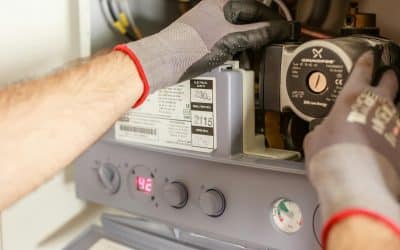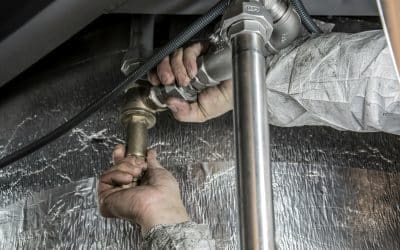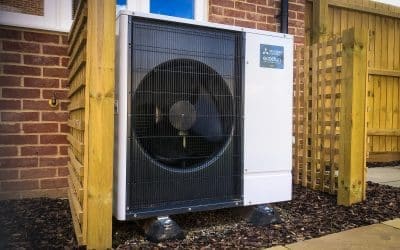Biomass boilers are a sustainable and efficient way to heat your home and workplace. However, like any other technology, it too faces its own set of problems.
While factors like getting your boiler warranty checked and servicing the boilers whenever required are essential, you may still end up with problems due to external factors or internal issues in the boiler.
From not providing sufficient heating and using the wrong sized wood chips to a complete breakdown or overheating, biomass boilers may be subjected to certain problems that can impact their efficiency and performance.
At JL Phillips, with our vast expertise in sustainable technology including biomass boilers, we have put together a list of common biomass boiler problems and how you can solve them.
While some of them may require the assistance of a heating specialist, keeping yourself aware of the process can help you identify the problem beforehand.
Let’s take a look!
1. Inefficient Heating
Based on the size of the boiler, you get sufficient heating for the required space. However, if your boiler is not big enough to cover the necessary heat load, no matter how efficient it is, you will not get enough heating across the area.
There may be a chance that the system was not designed properly to deliver the required amount of heat and incorrect sizing of the parts. While most professionals like JL Phillips make sure to note down the proper requirements, there’s a possibility that not all companies may deliver a high standard of products with great customer service.
If your biomass boiler’s heating is inefficient, get your heating system reviewed and inspected by a heating engineer and ask them to develop a course of action to help you tackle the problem.
2. Poor Combustion
If you spot unburnt pieces of wood or clinker, there’s a high chance that the combustion in your boiler is incomplete. A proper combustion process results in fine dry ash that can easily be brushed off; if this is missing, your boiler has a problem.
From low fuel quality to the high moisture content in the wood chips, there may be many reasons why the combustion is poor. Additionally, if your fuel type is not the right one for your boiler, the combustion will always be incomplete.
Checking if the boiler is suited to the fuel used is something that you can look into for better combustion in the system. Moreover, using a higher quality fuel can also be helpful. Another thing you can do is ask a heating specialist or biomass engineer to check the setting of the boiler to ensure that correct flue draught is achieved.
3. Inoperable Boiler
Many times, when your boiler isn’t functioning properly, you may suspect a problem in certain parts and directly contact a heating technician. However, in most cases, the reason behind an inoperable boiler is insufficient fuel.
If you’re wondering how long a biomass boiler lasts, the fuel it consumes can have a huge impact on the boiler’s performance. Irrespective of the fuel delivery system, most boilers do have residual fuel left even when the boiler is inoperable. However, since this fuel cannot be taken up by the boiler, it ceases to function.
Since most modern biomass boilers have a control panel, you can check on the errors through the display. Additionally, you need to recheck whether the wood chips or pellets are covering the suction cups when being carried to the boiler.
If you have a more current variant of the boiler, the control panel will usually identify the error and suggest a course of action to rectify it. However, checking the fuel is always something you should keep in mind as this is one of the biggest reasons behind an inoperable boiler.
4. System Inefficiency
Boilers that aren’t serviced on a regular basis are prone to inefficiency and decreased performance quality. Residual deposits due to combustion can build up on the boiler and affect the heat distribution which can lead to boiler inefficiency.
Additionally, for better functionality, a biomass boiler requires certain ancillary components such as thermal stores. However, sometimes to reduce costs, boilers are not provided with this part or have the wrong size of thermal store installed. This can be fixed only by a heating specialist from the company you purchased your boiler from. Informing them about the required or missing part can help them arrange one for you for enhanced boiler efficiency.
Moreover, make sure that your biomass boiler is not circulating constantly, especially when you don’t require it as it leads to thermal losses through the heating system.
Contact JL Phillips for Biomass Boiler Installation
Whether you want to fix issues like biomass boiler problems or install a brand new heating system, the professional installers at JL Phillips have got you covered!
Contact us to find out more about how we can help with your biomass boilers installation and maintenance.





